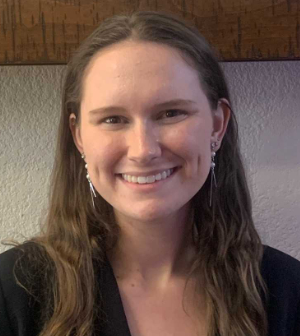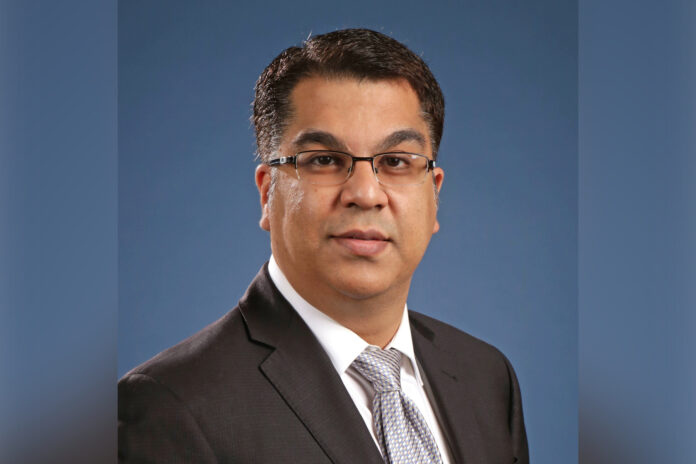Alumnus Altaf Panjwani used the strong educational foundation he received at Mercer University to launch a successful career as a perfusionist, playing a critical role in the operating room during heart surgery.
Perfusionists operate the heart-lung machine during surgeries that require artificial support or temporary replacement of heart and lung functions. The machine takes the blood out of the body, adds oxygen, removes carbon dioxide, filters the blood and gives it back to the patient, Panjwani said.
He first saw this in action when he shadowed a heart surgeon as a pre-medical student at Mercer.
“I thought that was the most interesting thing. You stop hearts for a living,” said Panjwani, who graduated from Mercer with a Bachelor of Business Administration in computer network systems in 2003. “It was essentially becoming a major part of somebody’s health care without going to medical school.”
He went on to earn a master’s in perfusion technology from Northeastern University in Boston and worked at Emory Healthcare in Atlanta for about 10 years as a student perfusionist, perfusion fellow and staff perfusionist. He was promoted to chief perfusionist at Emory University Hospital Midtown before leaving in 2017 to start his own perfusion program.
Panjwani is now program director of cardiovascular perfusion at Baylor Scott & White The Heart Hospital in Plano, Texas, where he is training postgraduate students to work in this specialized field.
Two classes totaling 11 students have graduated from the one-year program, which so far has a 100% job placement rate. There are about 4,400 perfusionists nationwide, Panjwani said.
Last year, when he was interviewing prospective students for his third class, he was delighted to discover a Mercer graduate applying to his program.
“There was no other connection between us before then, but I just thought it was curious that she was trying to do perfusion as well, and she’s been thriving in the program,” he said.

The student, Hannah Deeley, graduated from Mercer in 2021 with an undergraduate degree in neuroscience.
Both Deeley and Panjwani said Mercer’s academic rigor helped prepare them for postgraduate education.
“Because Mercer was more challenging, they prepare you for your time management skills and making sure you’re able to study efficiently,” Deeley said. “I’m able to apply those skills to grad school, which has helped me a lot.”
Now, Panjwani is finding joy in being the teacher.
“It’s molding young minds — seeing somebody has an interest in something and teaching them not only the major things but the minute details that will make them successful in this position,” he said.










